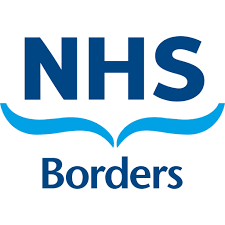Cord pH - guideline for well babies

For additional information on cooling see intranet guideline
- Labour ward staff now perform cord blood gas analysis on all newborn infants.
- Medical Paediatric staff called to deliveries, should document the cord pH of the babies with their resuscitation notes.
- If the cord pH is less than 7.0 and the baby required resuscitation at delivery, the baby should be admitted to the neonatal unit for observation. The ANNP or doctor on call should review the baby and document their examination particularly CNS examination. These babies will require a repeat blood gas and blood sugar measurement.
- A small number of infants will be born who appear completely well but have surprisingly low cord pH.
- If the cord pH is less than 7.0, and no resuscitation required at delivery, even if the infant appears completely well, the ANNP or doctor on call should review the baby and document their examination particularly CNS examination within an hour after the delivery. These infants should get an early feed and should get a repeat blood gas and blood sugar measurement at around four hours of age. For the first four hours of life they should have hourly Nursing observations recorded (heart rate, respiratory rate, colour).
- If the cord pH is above 7.0 and the baby is completely well, no further action is required.
- Regardless of the cord pH, any infant who is causing clinical concern for any reason should be reviewed by an ANNP or Paediatric Medical staff if requested and an appropriate plan made.
- Fill in a critical incident report form.
Note - Any baby with a cord or initial pH of 6.7 or below should be cooled if they have required any resuscitation at birth, irrespective of early encephalopathy. This is because over 80% of such infants will go on to develop seizures and encephalopathy in the first day of life.
Prepared by Dr A Duncan, adapted from guideline in use at the Simpson’s Centre for Reproductive Health.

